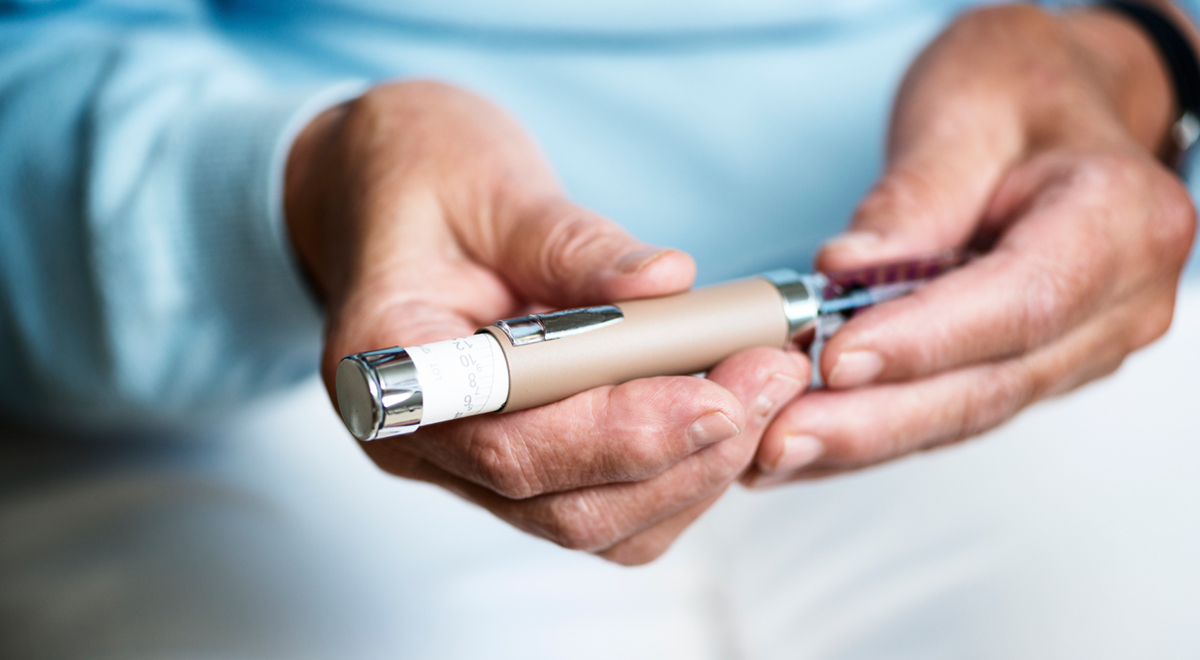Unlike many popular medications prescribed for a wide range of ailments, Invokana is not advertised as being “fast acting.” However, it is indeed fast acting – but unfortunately, not in ways the manufacturers intended.
Just ask some of the plaintiffs in recently filed Invokana lawsuits.
For example, lawyers for Robert Partington of Alabama stated that their client had been taking Invokana less than two years before his kidneys started to fail. But in some cases, Invokana works far more quickly than that.
For example, there is the case of Cornelius Benjamin, who lived in South Carolina. In April of 2013, Benjamin’s physician prescribed Invokana for the treatment of his Type-2 diabetes. Within a few weeks, his kidneys were severely damaged and he wound up suffering a stroke. Within two months of starting Invokana, Cornelius Benjamin was dead.
Later that year, Maria Puentes of Texas started taking Invokana. Her doctor prescribed the medication in October. Within a month, Ms. Puentes suffered diabetic ketoacidosis, a deadly condition in which the blood pH levels drop to dangerous levels, causing it to become highly acidic. This led to pyelonephritis, a serious infection that all but destroyed her kidneys.
The bitter irony here is that Invokana was intended to prevent those very conditions. Pyelonephritis, a bacterial inflammation, can result from a number of causes, but is a common risk for people with untreated Type 2 diabetes. In two of the three cases outlined above, plaintiffs developed pyelonephritis within weeks of starting Invokana – and one of them died as a result.
Plaintiffs allege that manufacturer Mitsubishi Tanabe and its partners, Janssen Pharmaceuticals and parent company Johnson & Johnson, were well aware of these risks, and failed to warn the medical community.
The historical record supports these allegations. Even before Janssen submitted its application to the FDA for approval of the drug, several concerns were raised about its effectiveness and possible side effects. Two months prior to FDA’s approval of Invokana, a prominent endocrinologist, Dr. Sidney Wolfe, raised a number of concerns at a meeting of the federal agency’s Endocrinologic and Metabolic Drugs Advisory Committee (EMDA).
At that meeting, Dr. Wolfe pointed out that Janssen’s request for FDA approval was based on a single criterion: its effectiveness on lowering hemoglobin A1c levels. This is a measure of a patient’s long term blood sugar control. Indeed, Invokana did well on that score – but no better than other tried-and-proven diabetic medications, such as metformin (which is still taken by those on Invokana).
At the time, Dr. Wolfe pointed out that, compared to metformin, there was “no evidence of any improved clinical outcomes” from Invokana. He added that its effectiveness in controlling hemoglobin A1c levels should be “balanced against a number of serious safety signals identified in the clinical trials.”
Nonetheless, the FDA went ahead and gave its conditional approval to Janssen in March of 2013 – and dozens of people have paid the price, in some cases with their lives.
While it has yet to be proven, there is a historical pattern of corporate behavior strongly suggesting that the manufacturers and marketers of Invokana were fully aware of the risks, and were willing to sacrifice human lives for the sake of profits. Their accountants crunched the numbers, and determined that potential profits outweighed the possibility of having to pay out a few million in judgments. Anyway, those judgments and legal costs can always be written off on April 15th as the “cost of doing business.”
Perhaps one solution that could save people like Cornelius Benjamin in the future would be to change the tax code – but since corporate “people” often write our tax laws, don’t expect any change in that direction anytime soon.

